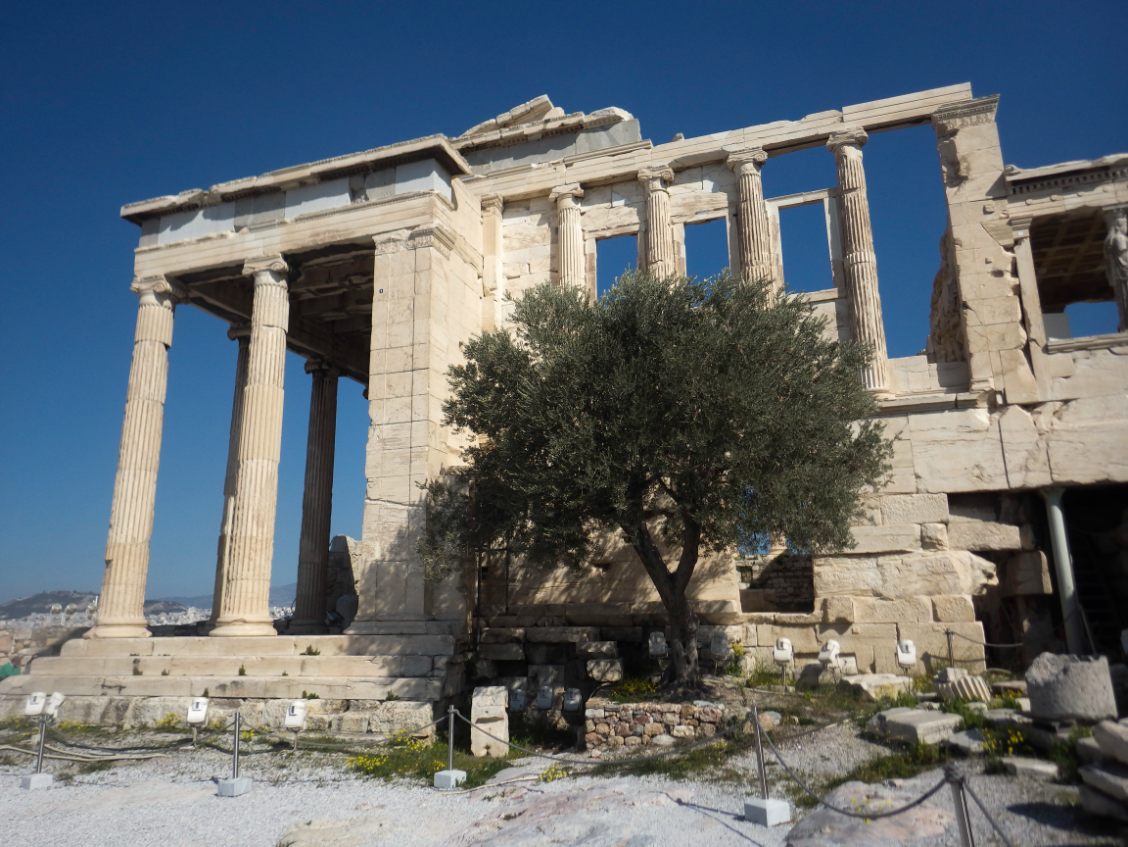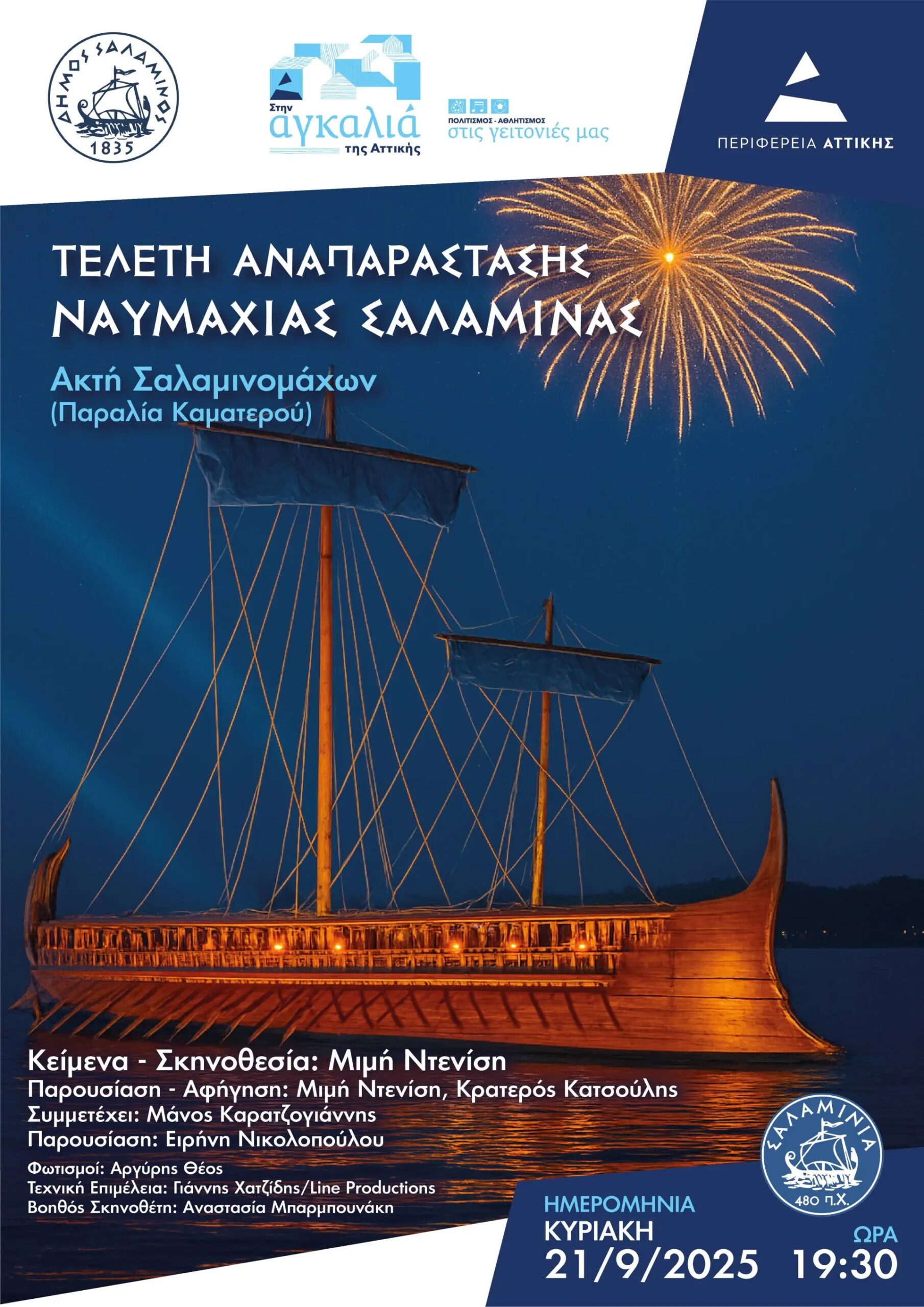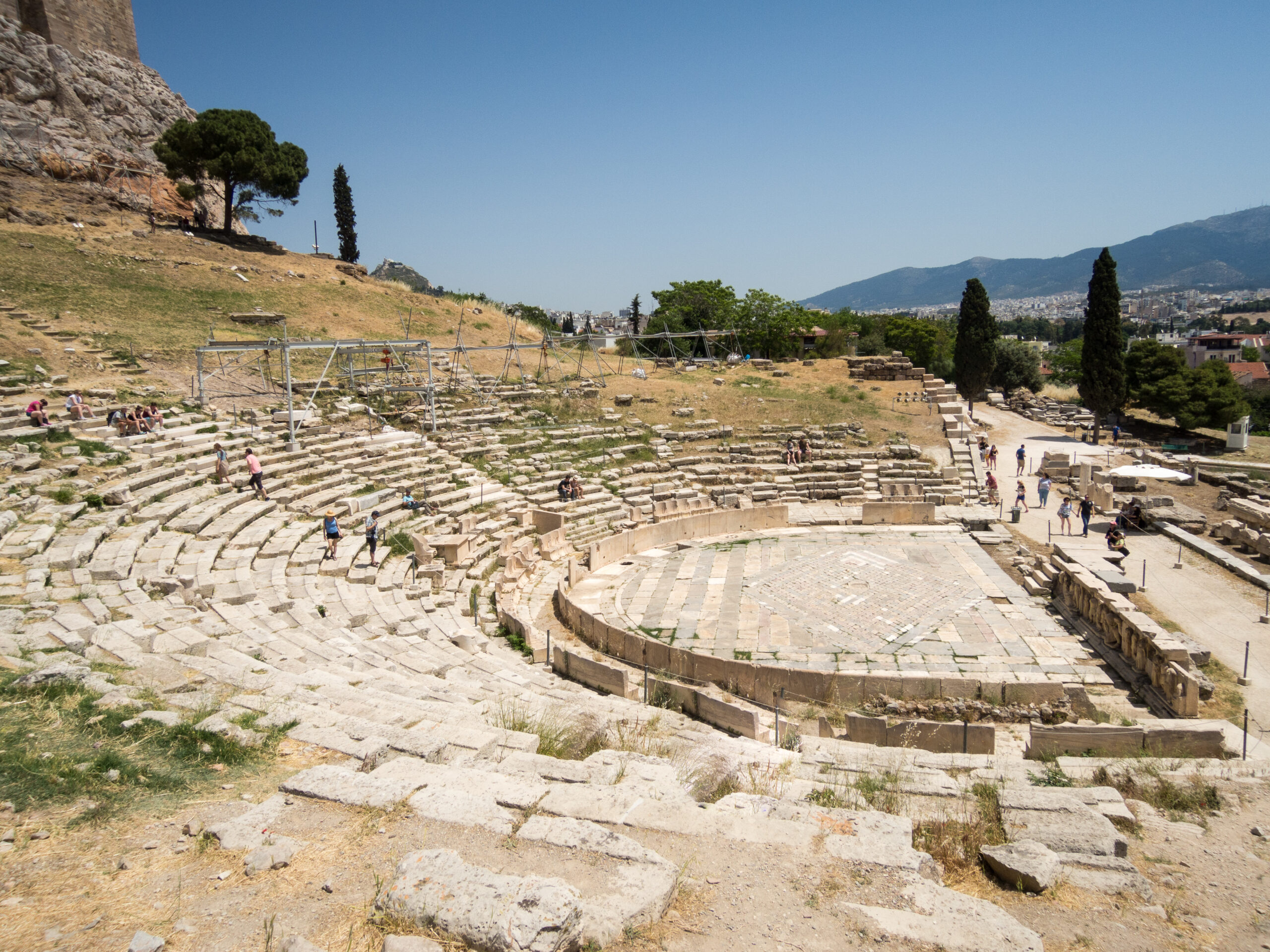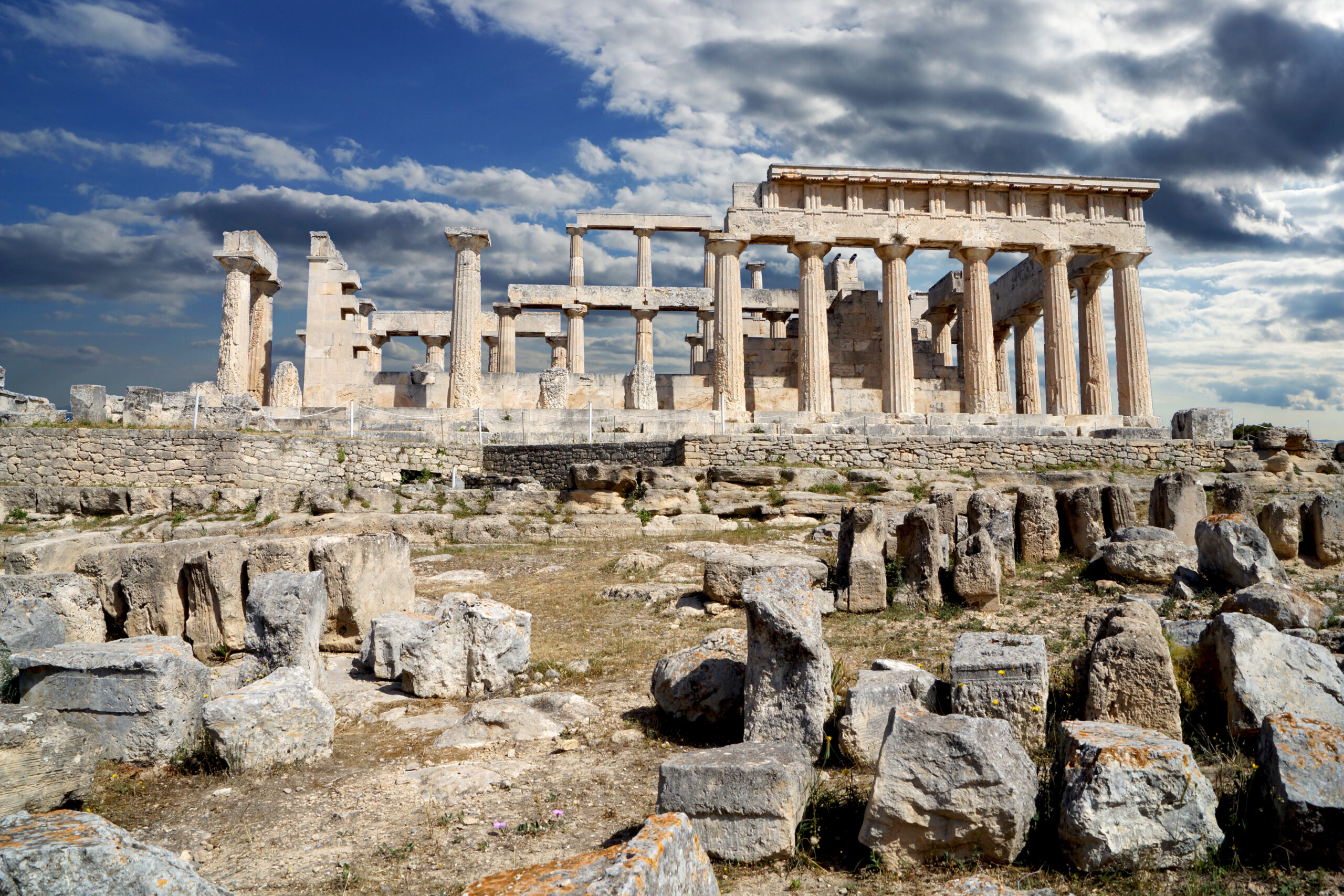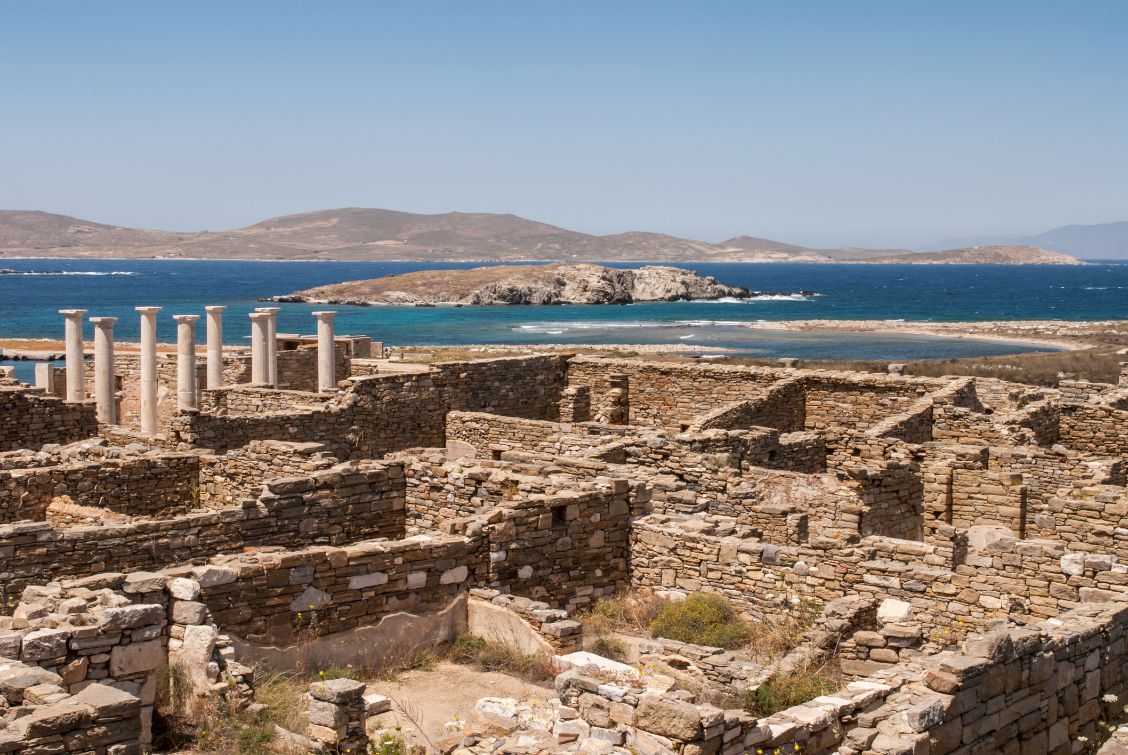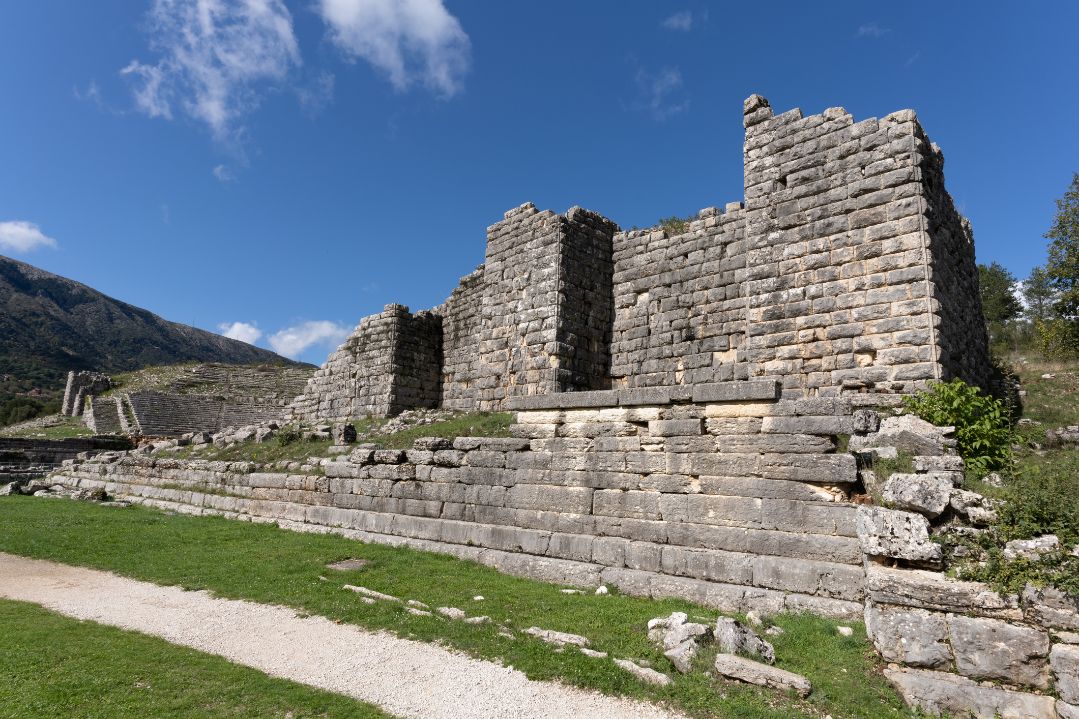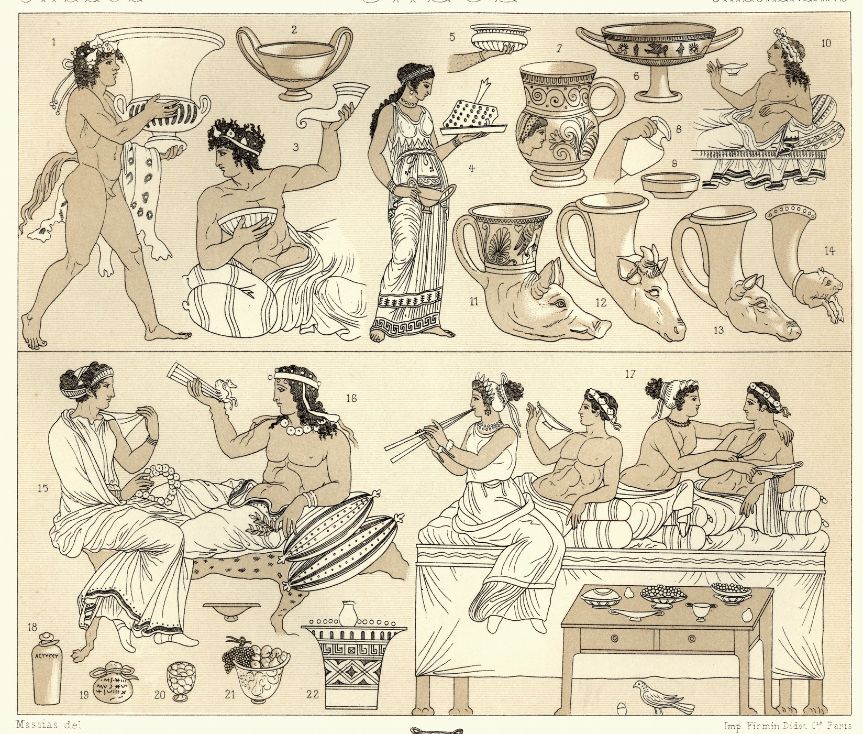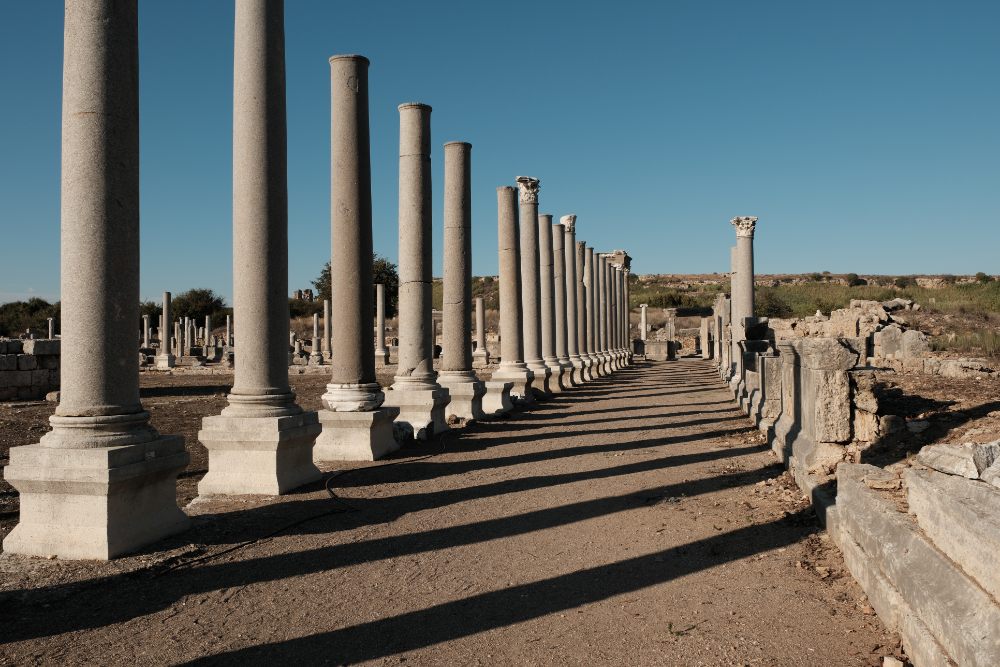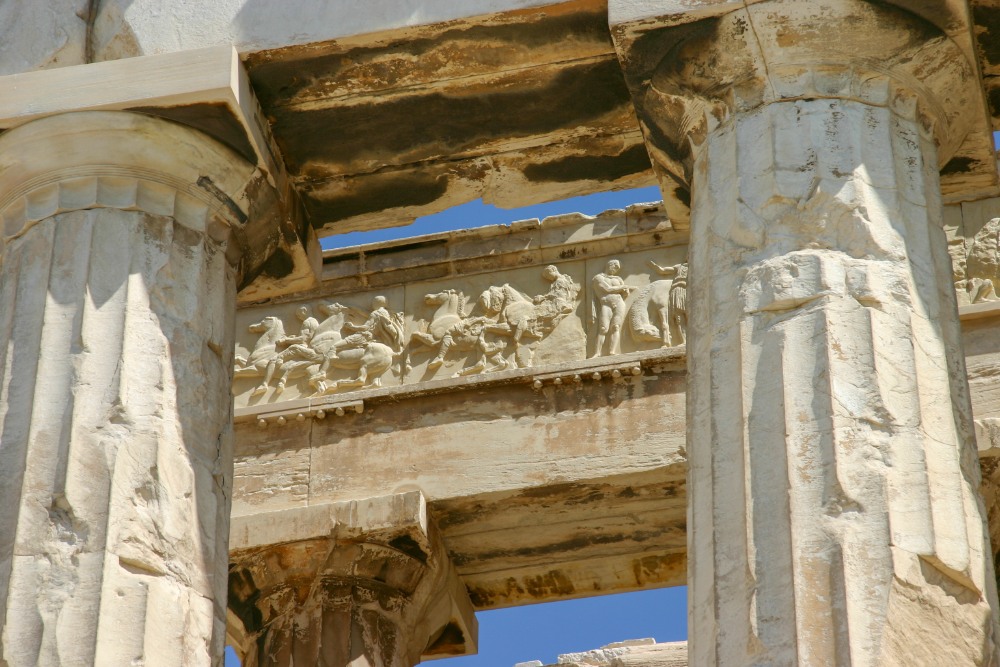Unveiling a Hidden Legacy
The sacred olive tree of the Acropolis holds profound significance in Athenian history and mythology, representing peace, prosperity, and the enduring connection between the city and its patron goddess, Athena. According to ancient legend, during a contest with Poseidon to determine the city’s protector, Athena offered the olive tree as her gift, while Poseidon produced a saltwater spring.
The citizens of Athens chose Athena’s gift for its practical benefits, allowing them to thrive through the production of olives, olive oil, and wood. This pivotal moment not only established Athena as the patron deity of Athens but also solidified the olive tree’s symbolic importance to the city. Today, the olive tree on the Acropolis is believed to be a descendant of that original sacred tree, which has endured for centuries amid the trials of war, invasions, and environmental changes. Its resilient presence stands as a testament to Athenian heritage and identity, embodying the values of wisdom and harmony.
The olive tree is not only a natural monument but also a cultural symbol, reflecting the Greeks’ deep connection to their land and the significance of agriculture in their civilization. Modern visitors to the Acropolis are often drawn to this venerable tree, recognizing it as a spiritual link to a rich past and an emblem of the enduring ideals of Athenian society, celebrating the legacy of Athena and the city’s historical narrative.

